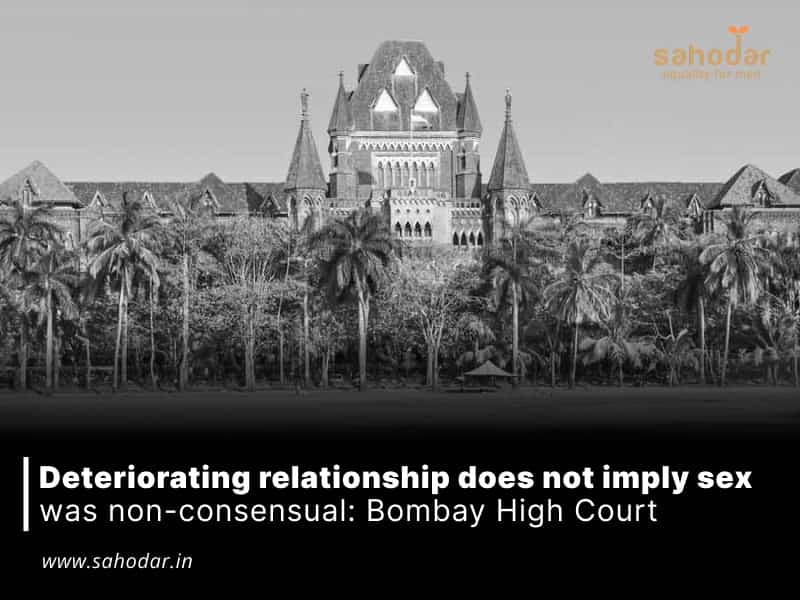Justice Bharati Dangre, a single-judge of the Bombay High Court, recently quashed a rape case against a man, citing that the complainant and the accused had been in a relationship for eight years and the complaint was filed only after the relationship soured. According to the judge, the offense of rape under Section 376 of the Indian Penal Code (IPC) could not be established if there was no indication of a promise of marriage on every occasion of physical intimacy. The court emphasized that blaming one person solely for the relationship not resulting in marriage is unjust, as two consenting adults investing in a relationship may not necessarily lead to marriage. The court further highlighted that the complainant’s allegation, made when the relationship did not go well, cannot be the sole basis for charging the accused with rape.
The judge also noted that the complainant was mature enough to understand the nature of the relationship, and the fact that the relationship had turned sour does not automatically imply that the physical intimacy was non-consensual. The judge observed that the complainant, being of a mature age, was capable of understanding the nature of the relationship both emotionally and physically. Therefore, it cannot be presumed that the physical intimacy between her and the accused was without her consent on every occasion.
According to the woman’s complaint, she alleged that after they began their relationship in 2013, the accused forced her into sexual intercourse at various places in Mumbai. She stated that she had allowed it based on the assurance of marriage, but when she inquired about it later, he refused. Subsequently, they started living separately and their relationship ended. The accused then allegedly sent her obscene messages and made derogatory comments about her character. As a result, she lodged a complaint that led to the filing of an FIR.
The accused had filed a discharge application during the framing of charges, stating that he had been in a consensual relationship with the woman for 8 years and that the physical relationship was established with her consent. However, the sessions court in Mumbai rejected the discharge application in 2019, leading to a revision application before the High Court. Justice Dangre, after considering the facts and circumstances, held that the mere observation that the intercourse was forcible is not enough to justify the refusal to discharge the applicant. As a result, the judge annulled the session court’s order and acquitted the applicant.
Source: https://www.barandbench.com/news/litigation/relationship-turning-sour-does-not-mean-sex-non-consensual-bombay-high-court

